Beijing, September 4, 2025 – In a powerful display of political and military symbolism, Chinese President Xi Jinping welcomed North Korean leader Kim Jong Un and Russian President Vladimir Putin to Beijing for a lavish military parade marking the 80th anniversary of Japan’s defeat in World War II. The spectacle, held at Tiananmen Square, highlighted China’s military advancements while underscoring the growing alignment between the three leaders.
A Dazzling Display of Firepower
The parade featured an array of cutting-edge weaponry: hypersonic missiles, stealth drones, laser systems, amphibious assault vehicles, and newly unveiled robotic units. Squadrons of fighter jets roared overhead as thousands of troops marched in synchronized formation across the historic square. The event was designed to project both national pride and technological superiority, reinforcing Xi’s message that China’s path to national rejuvenation is “unstoppable.”
An Unprecedented Trio
For the first time, Xi, Kim, and Putin appeared side by side at such a high-profile global stage, sending a clear message of defiance toward Western powers. Their united presence symbolized an emerging bloc of nations seeking to counterbalance U.S. and European influence on the international order.
Xi struck a combative yet diplomatic tone, declaring that the world faced a choice between dialogue or confrontation, peace or war, cooperation or rivalry. Kim Jong Un’s attendance, his most significant international appearance since 2019, further underscored North Korea’s renewed efforts to cement alliances beyond its borders. Putin’s participation reinforced Moscow’s pivot toward Beijing and Pyongyang at a time of ongoing isolation from the West.
Subtle Messages and Symbolism
Observers noted both the scale and the choreography of the event as meticulously crafted political theater. Beyond the military might, the optics of the three leaders together were designed to demonstrate resilience against Western sanctions, military alliances, and diplomatic pressure. The parade also served as a reminder of China’s growing role as a convening power for nations often sidelined on the global stage.
In a rare unscripted moment, microphones caught Xi, Kim, and Putin sharing a lighter conversation about biotechnology and the possibility of extending human lifespans. Though casual, the exchange added a human dimension to what was otherwise a carefully orchestrated spectacle.
Implications for Global Politics
The Beijing parade may mark a turning point in global geopolitics, with China, Russia, and North Korea openly embracing one another as strategic partners. While no formal agreements were announced, the symbolism of their unity carries weight, particularly as the world navigates a shifting balance of power.
For Xi, the event reinforced his vision of a multipolar order led by nations willing to challenge U.S. dominance. For Kim, it signaled legitimacy and support at a time when sanctions continue to strain his country. For Putin, it offered visible solidarity as Russia’s war in Ukraine drags on.
The parade was more than a commemoration of history—it was a statement of intent for the future.


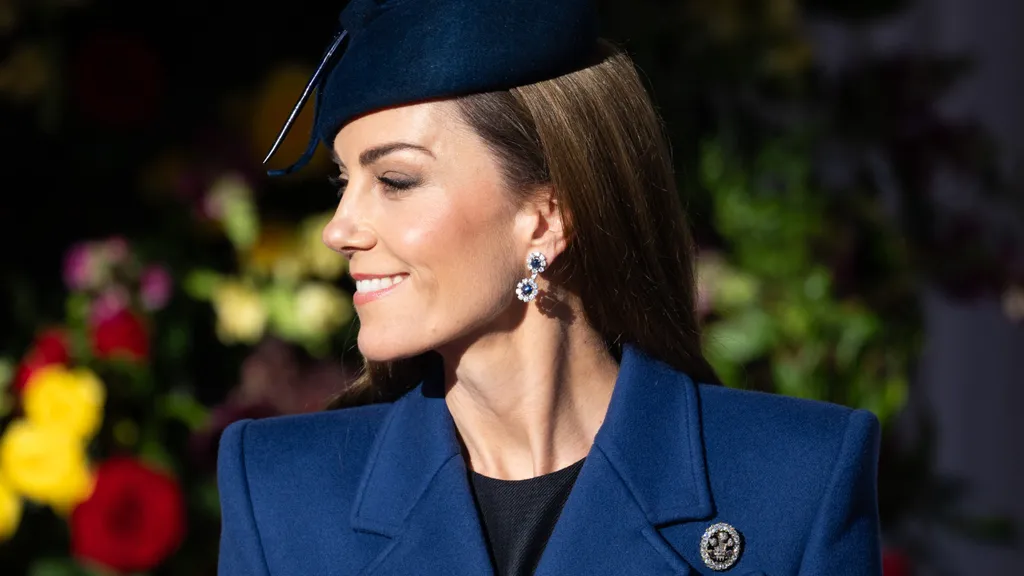
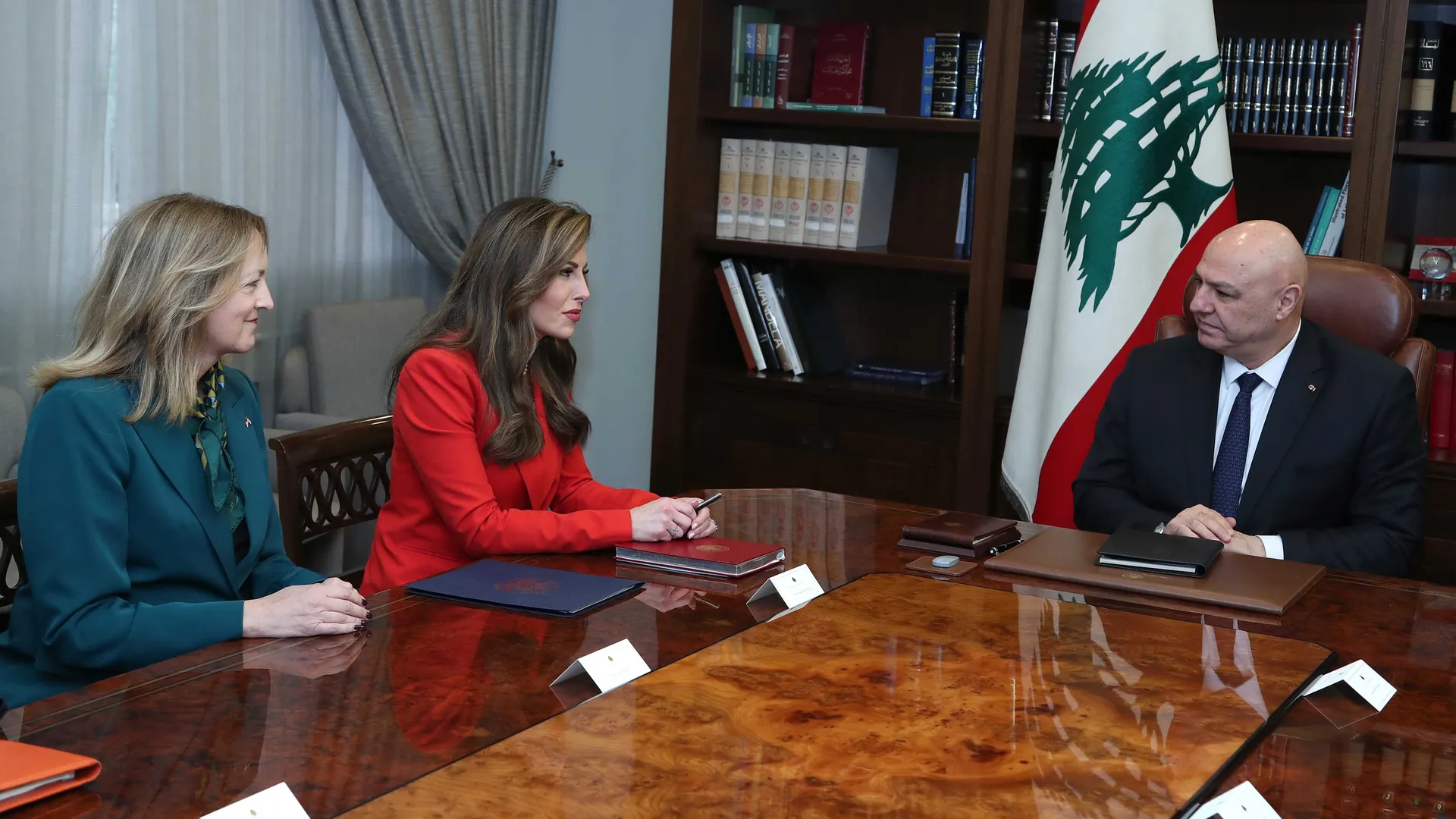

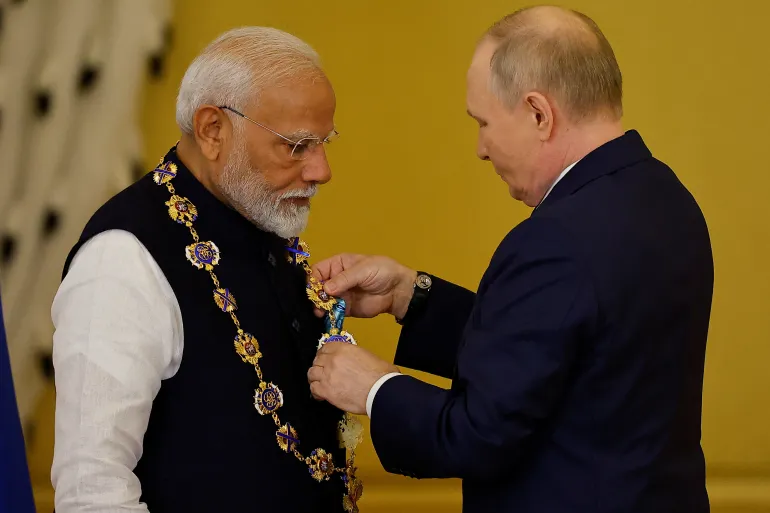
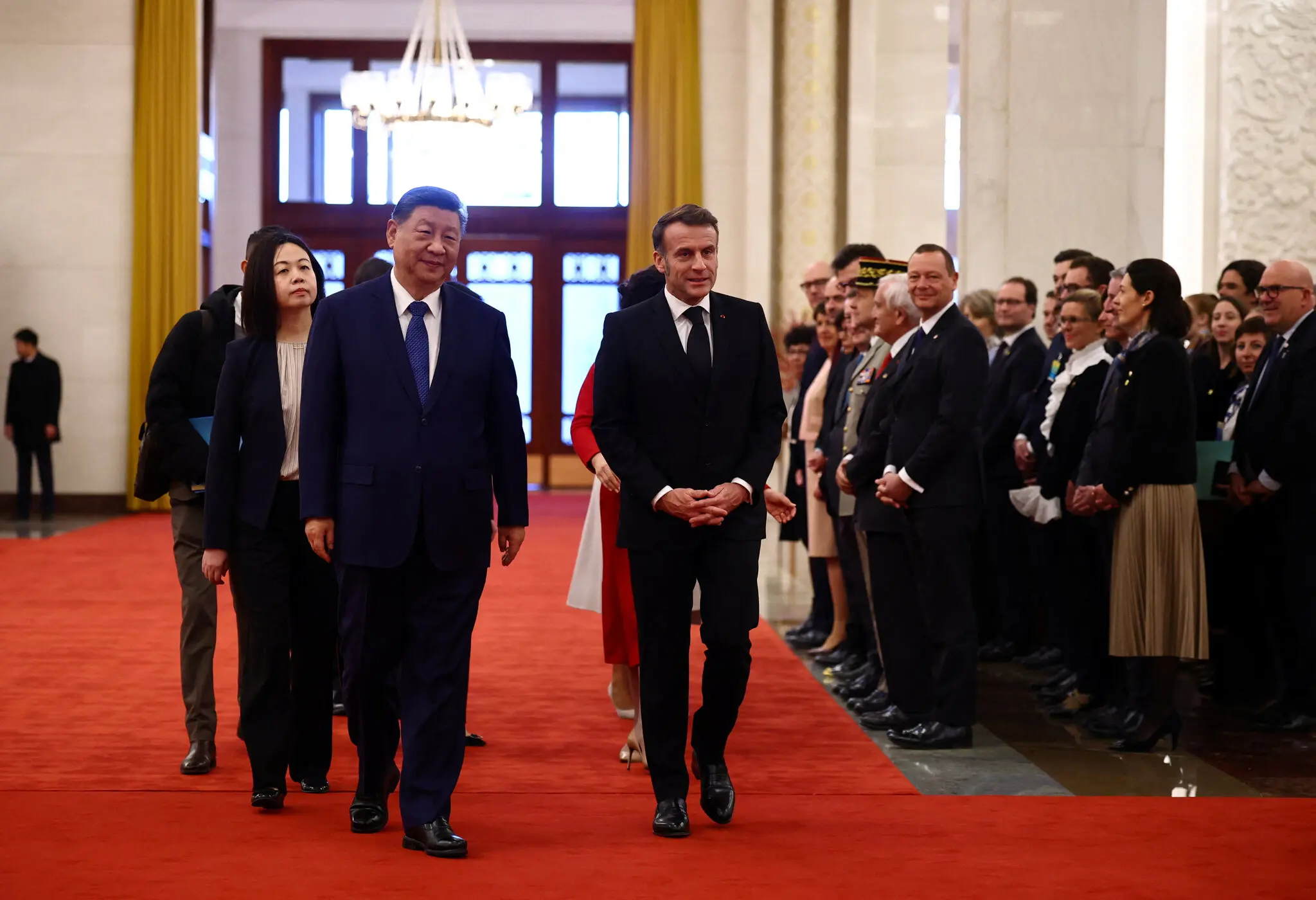

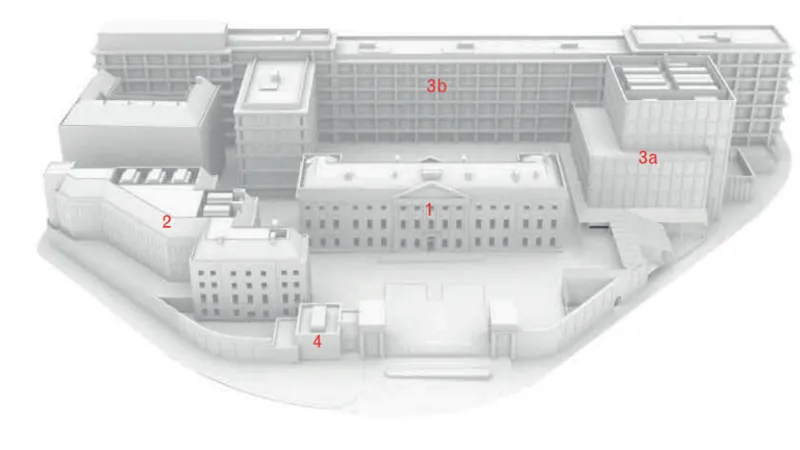






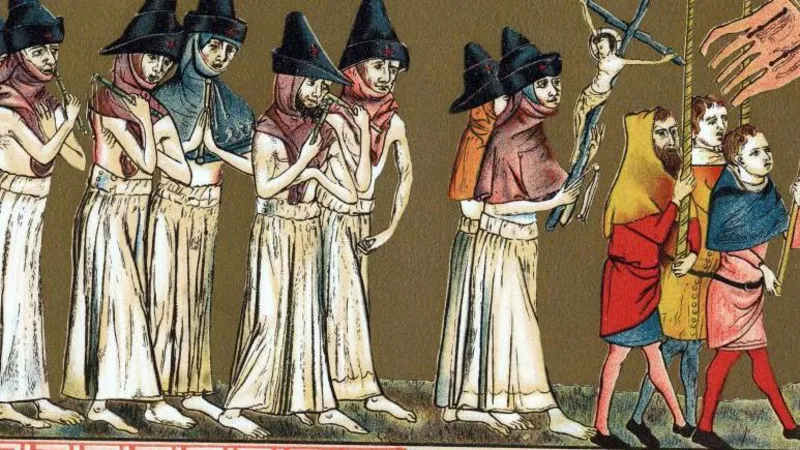
Leave a Reply